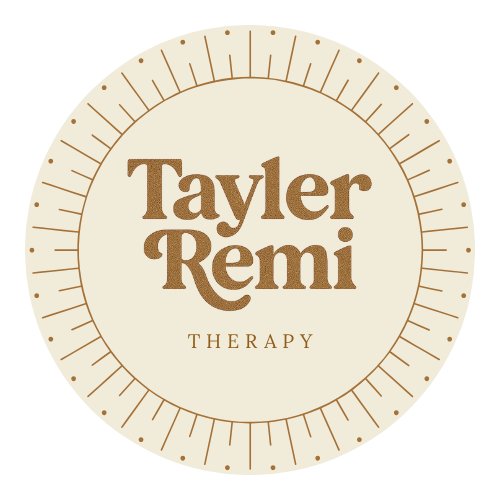
Counselling for Perfectionism, Stress & Burnout in Manchester & Online

When ‘good enough’ feels like failure, rest never really feels like an option.
You might be here because you're…
Tired of holding it all together and wondering who you are underneath the constant drive to “do better.”
Exhausted from over-functioning, over-giving, or feeling responsible for everyone else.
Caught in cycles of achievement, burnout, and guilt, unsure how to slow down or step away.
Longing to rest, soften, or ask for help, but afraid of what letting go of control might bring up.
Craving connection, joy, or ease that isn’t tied to productivity, usefulness, or performance.

Where we might begin
-
Making sense of self-worth tied to achievement, success, or doing it “right”
Noticing the cost of overthinking, over-planning, and self-monitoring
Exploring things like ‘imposter syndrome’, harsh self-criticism, or fear of failure
Softening patterns of all-or-nothing thinking or self-punishment
Finding space for good-enoughness, rest, and self-compassion
-
Naming the signs of physical, emotional, or nervous system collapse
Understanding how high-functioning burnout can be invisible to others
Holding space for the grief, anger, or numbness under exhaustion
Rebuilding capacity for rest, play, or meaningful connection
Gently pacing recovery - not rushing to “bounce back”
-
Untangling patterns of over-responsibility, people-pleasing, or caretaking
Exploring the guilt or fear tied to rest, slowness, or saying no
Noticing how fawning or perfectionism show up in relationships
Building boundaries that honour your needs without shame
Allowing yourself to receive support, not just give it
-
Tracing perfectionism back to family roles, early attachment, or trauma
Exploring emotional neglect, parentification, or childhood survival strategies
Working with CPTSD, relational trauma, or complex grief
Healing patterns of self-blame, vigilance, or fear of not-enoughness
Cultivating a sense of safe connection with yourself and others
-
Exploring how autism, ADHD, or neurodivergence can intersect with perfectionism
Naming the exhaustion of masking, camouflaging, or over-adapting
Supporting executive function and nervous system regulation
Challenging internalised ableism, shame, or self-comparison
Creating more authentic, spacious ways of being

Perfectionism & burnout therapy
My approach
I come to this work with both professional training and lived understanding of what it means to survive through over-functioning, achievement, and self-criticism.
I work relationally and compassionately, drawing on approaches like person-centred therapy, parts work (IFS), somatic awareness, and compassion-focused work - always in a way that’s paced and tailored to you.
You won’t be told to just set better boundaries or rest more. We’ll explore the deeper patterns, protectors, and pressures that have shaped how you move through the world, including the family, cultural, neurodivergent, or trauma roots beneath burnout and perfectionism.
We’ll begin where you are, and we go gently from there.
Burnout & Perfectionism Therapy FAQs
-
No. You don’t need to have it all figured out - you can come with a tangle of perfectionism, burnout, anxiety, overfunctioning, or just a sense that something isn’t working. We’ll begin wherever you are, and we’ll go gently from there.
-
That’s super common - especially if overachievement, hypervigilance, or responsibility have been your survival strategies. Therapy isn’t about forcing change; it’s about creating space to notice, soften, and make choices. We’ll move at your pace, with care.
-
Yes. Burnout is real, and it’s often connected to deeper layers of grief, perfectionism, attachment, or cultural and neurodivergent pressures. You don’t need a trauma diagnosis to deserve support.
-
Yes. I work affirmingly with autistic, ADHD, OCD, and neurodivergent clients, recognising how masking, executive function challenges, sensory overload, and perfectionism often weave together. We’ll explore what’s underneath, without shame.
-
There’s no perfect way to do this. You don’t need to perform, achieve, or meet a healing goal.
Sometimes, the work of therapy is using a safe space to explore what it might mean if you didn’t get it “right” - what would soften, what might unravel, what could open up.
Need more information? Check out the FAQ page below for details on fees, cancellations, payments, and how to book a free consultation.
